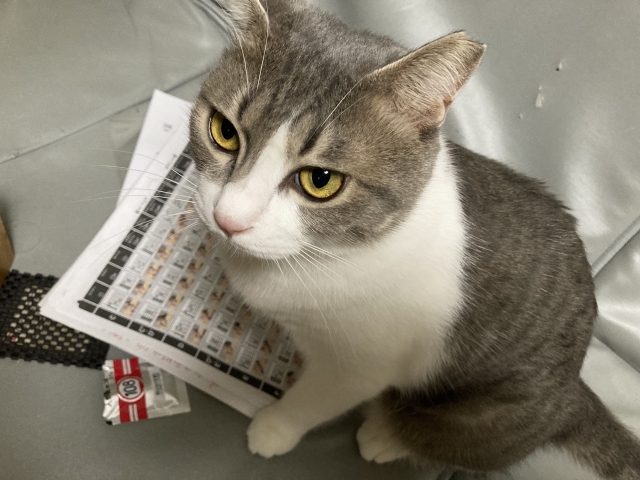In the second lesson, we will focus on G, Em, C and D, which are relatively easy to play.
The first lesson was just about tuning, so it feels like we’re finally moving on to playing the guitar.

If you want to enlarge the image, if you are using a computer
⇒ Open the image in a new tab
For smartphones
⇒ Swipe
Just memorize these four chords and There are even songs you can play.
It’s perfectly fine if it takes a while.
Let’s steadily master it.
How to hold a pick
Before you play the chords, first learn how to hold the pick.
Pattern of holding the pick deeply: Easy to play guitar solos
*Especially easy to do picking harmonics
A pattern in which the pick is held shallowly: suitable for chord strokes and chord cutting
In my case, I try to hold it in a position somewhere in between.
There are two general types of picks: triangular and teardrop, but it is best to choose the type you like.
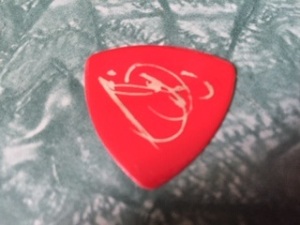
*Triangular-shaped celluloid pick
Pick materials include celluloid and nylon.
The most common pick is celluloid, and many people may use celluloid picks first.
I am one of them.
However, celluloid picks are prone to wear and tear, which may cause a slight disruption in live performances.
There are many musicians who prepare multiple picks and change them each time.
By the way, I use a nylon pick.
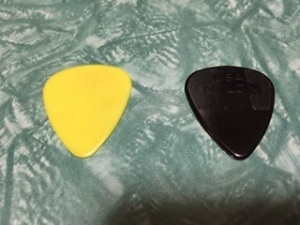
*Teardrop-shaped nylon pick
The reason for this is that nylon picks wear slowly, so they don’t interfere with playability much.
The fact that it can be used for a relatively long period of time may also be a factor in increasing favorability (personally).
There are two ways to play the “G” low chord.
There are two ways to play the “G” low chord.
Pattern ①
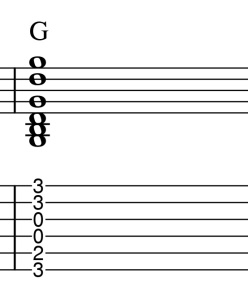
5th string 2nd fret ⇒ index finger
4th string open
3rd string open
2nd string 3rd fret ⇒ Ring finger
1st string 3rd fret ⇒ little finger
Pattern ②
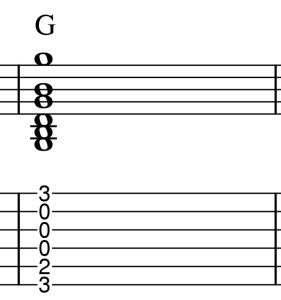
5th string 2nd fret ⇒ middle finger
4th string open
3rd string open
2nd string open
1st string 3rd fret ⇒ little finger
This pattern is included in the guitar instruction book.
It is a good idea to remember this pattern as it has the advantage of freeing up your index finger.
In my case, I use it like this.
Arpeggio etc.⇒②
Em is easy to make sounds even for beginners!
For those who are new to the guitar, Em is one of the chords that is very, very easy to play.
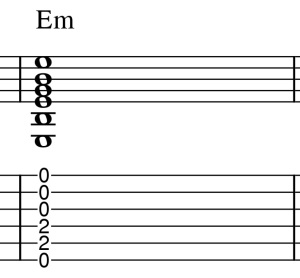
5th string 2nd fret ⇒ middle finger
4th string 2nd fret ⇒ Ring finger
3rd string open
2nd string open
1st string open
There are three ways to play the “C” low chord.
The first chord I learned was the “C” low chord (pattern 1).
Pattern ①
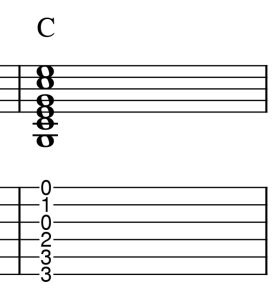
5th string 3rd fret ⇒ little finger
4th string 2nd fret ⇒ middle finger
3rd string open
2nd string 1st fret ⇒ index finger
1st string open
Pattern ②
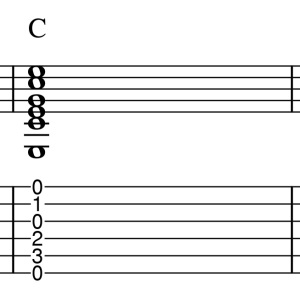
5th string 3rd fret ⇒ Ring finger
4th string 2nd fret ⇒ middle finger
3rd string open
2nd string 1st fret ⇒ index finger
1st string open
In the case of pattern ②, the sound of the 6th string can become muddy depending on how you play, so we recommend combining the following pattern ③.
Pattern ③
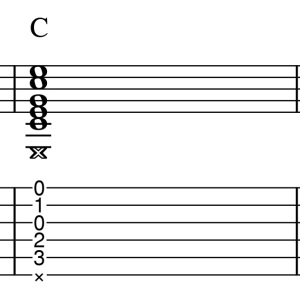
5th string 3rd fret ⇒ Ring finger
4th string 2nd fret ⇒ middle finger
3rd string open
2nd string 1st fret ⇒ index finger
1st string open
If you play with your thumb lightly touching the 2nd fret of the 6th string, it will feel just right.
Remembering mute will come in handy in many.
There are two ways to play the “D” low chord.
There are two ways to play the “D” low chord.
Pattern ①
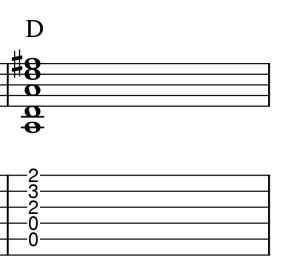
4th string open
3rd string 2nd fret ⇒ index finger
2nd string 3rd fret ⇒ Ring finger
1st string 2nd fret ⇒ middle finger
Pattern ②
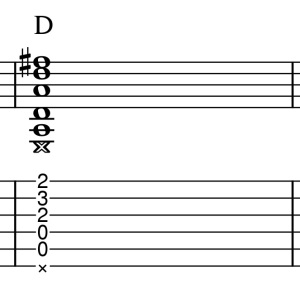
5th string open
4th string open
3rd string 2nd fret ⇒ index finger
2nd string 3rd fret ⇒ Ring finger
1st string 2nd fret ⇒ middle finger
It may be a good idea to memorize pattern 1 first, and then practice pattern 2 as well.
Summary
So far, we have introduced G, Em, and C and D as chords that are easy for beginners to work on.
All of these chords include open strings, so I think it’s easy to experience the unique sound of a guitar.
Let’s start by feeling and enjoying the sound.
Thank you for reading to the end.
All the music scores on this site were created by myself using Muse Score.
Unauthorized reproduction of sheet music and articles is prohibited.
Image source: photo AC
https://www.photo-ac.com/
To listen to the song, click “Cat Guitar Channel”.
Performance information is Cat Guitar Channel Performance Information Please check.


